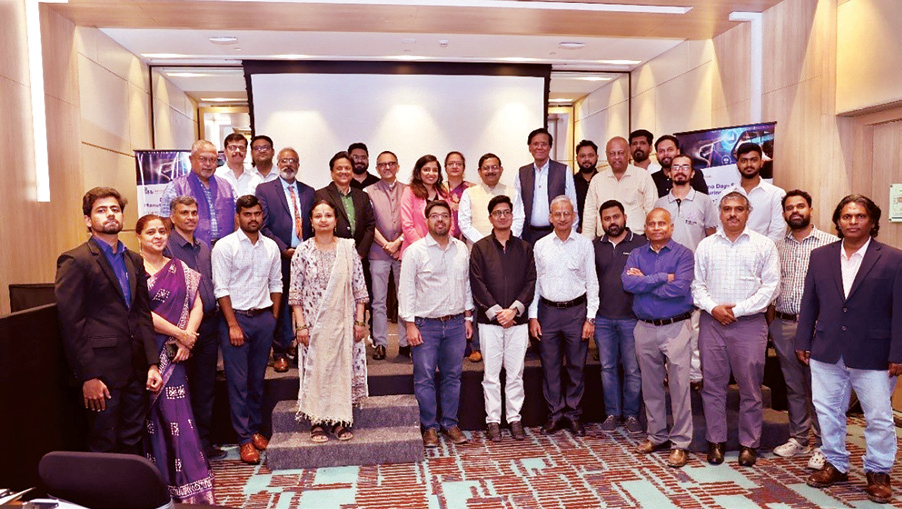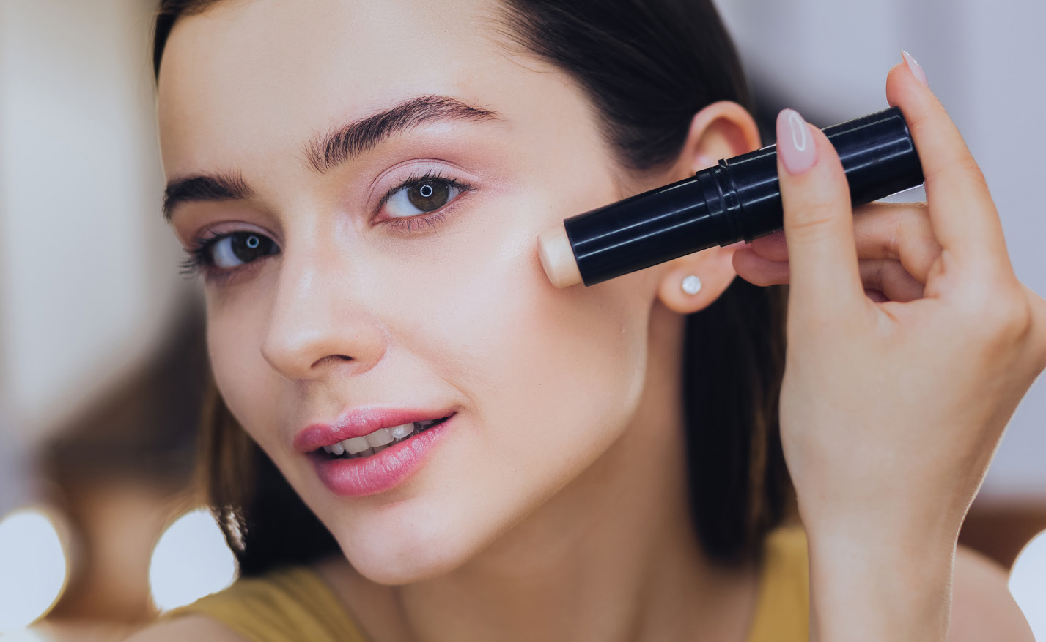
View from the helideck: Children need a balance of guidence and freedom
Rithu Dravid
As a parent Radhika is very protective of her daughter. To the extent that she worries unnecessarily about her daughter falling ill before her exams “I do not even allow my daughter Shivali to wash a spoon in water as I feel she might catch a cold and would not be able to attend her exams,” she says. Radhika says she gives her daughter a paracetamol everytime she says she has a headache. This is known as hove ring or helicopter parenting.
Such parents get involved and have a tendency of over protecting the child and seemingly become overcontrolling. The overprotection and strict supervision hinders the child’s social interaction and in certain cases the degree to which these actions are exercised enormously.
So, having helicopter parents could be hindering a child’s ability to develop problem-solving and decision-making skills. Isa, who grew up with helicoptering parents, says “I as a child was so pampered and spoilt by my parents, as the only child all my decisions were made by my parents and I adhered to it and never felt the need to voice my opinions in the decision making”. At the age of 40 the impact of being over protected and controlled still has a tremendous impact on Isa’s life..
This type of excessive parenting, even though done with genuine intention, has some serious kickbacks and severe longterm consequences that most are not aware of.
As such it is easy to see where a parent might not have the awareness of their own helicopter parenting. If the child climbs a tree that is truly a danger then asking them not to is responsible. However, if they approach any tree and they are told not to climb, well then you restrict the growth of their neurological limitations. If, for instance, your child is stuck with homework and he or she comes to you for help it is normal to offer assistance. However, if your child is doing their homework and you consistently check the homework or monitor what you are doing, this is a step further.
This close attention given to the child by constantly hovering over them and by preventing any harm both physically and psychological to the point of enmeshment can backfire! The need to thrive socially and personally is lost and the consequences are impactful.
The over involvement of the parent makes the child believe that their parents will not trust them if they do something independently. It, therefore, leads to lack of self-esteem and confidence. Children who always look out for guidance when left alone are generally nervous to take a decision.
Multiple studies over the past decade summarise the social and psychological risks of being a helicopter parent’s child. Kevin a psychologist adds to the ideas of such type of parenting and says, “We deprive our kids of the opportunity to be creative, to problem solve, to develop coping skills, to build resilience, to figure out what makes them happy, to figure out who they are. These kids are less open to new ideas and activities and more vulnerable, anxious and self-conscious.”
Additionally, if parents exert too much control over situations and step in before children at every stage in their lives and try not to handle the challenge on their own, or physically keep children from challenging contexts altogether, they may hinder the development of self-regulatory abilities. For instance a research study published in the journal of developmental psychology determined that 2-year-olds exposed to this kind of parenting ended up less able to regulate their own emotions and behaviour by age 5 and that upped the risk for emotional problems at age 10. Balancing the act of being a protective mom and a super protective mom is a debatable topic. ”
At the end of the day we want our kids to be happy, it is my duty to be protective and guard them till a certain age, they stay with us until they get married and later they move on in their lives”, says Shilpa Although we over involve ourselves to protect our kids and this may in fact lead to short-term gains, our behaviour actually delivers the rather implicit soul-crushing fact -- Kid, you can’t actually do any of this without me. This is what your kids take away, not the physical words but the underlying message.
 English daily published in Bengaluru & Doha
English daily published in Bengaluru & Doha






